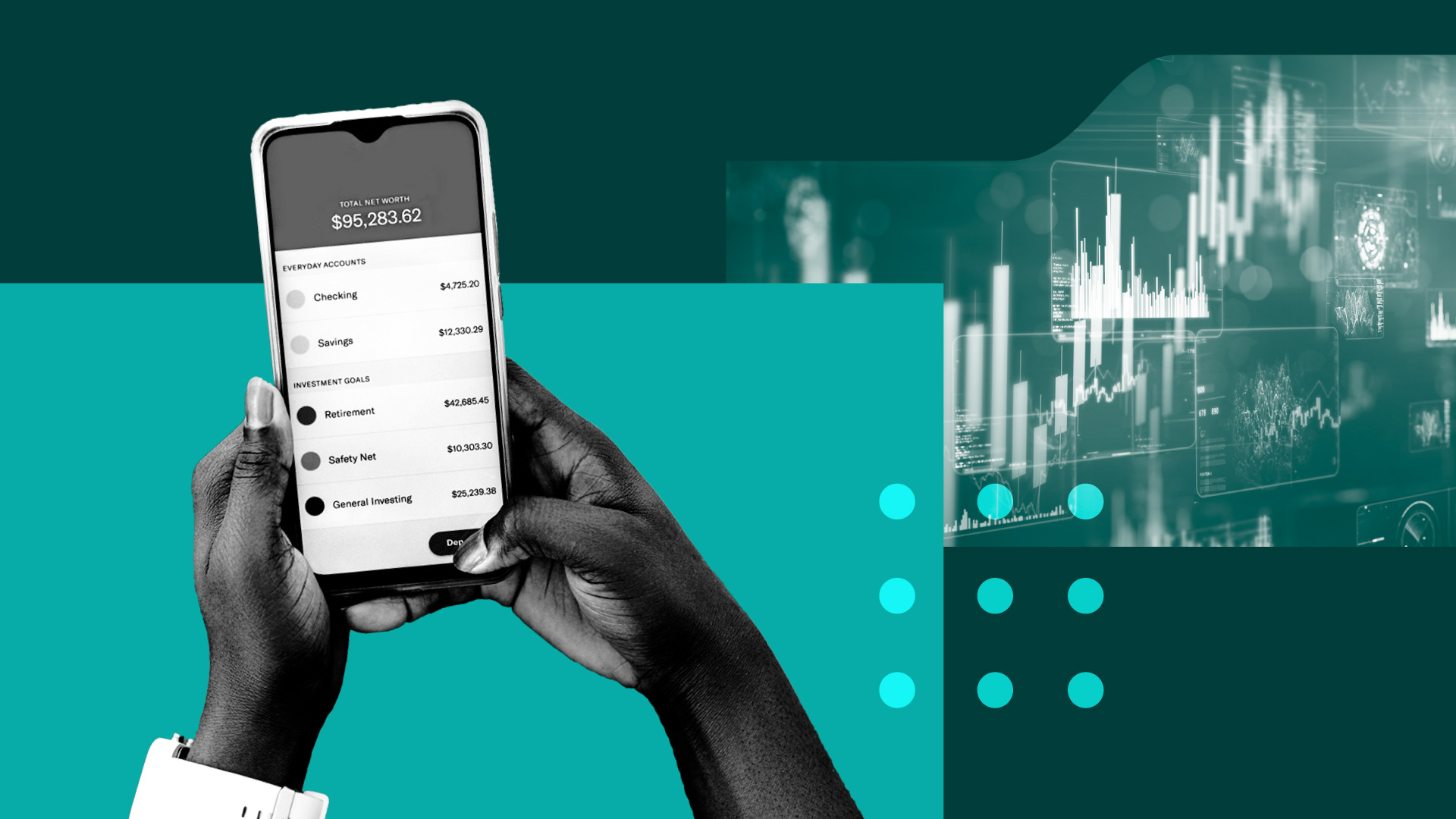
Key Takeaways
Daily users of AI tools like ChatGPT, Gemini and CoPilot are more likely to be male, diverse and hold advanced degrees compared with the average adult.
A tough job market isn’t discouraging this group: AI super users are 7 percentage points more likely to say they’re actively applying to roles than U.S. adults.
They’re doing better financially: 38% of AI super users said their personal finances are better now than they were a year ago, 19 points higher than the general population.
AI super users are first adopters of tech and trends: They’re 32 points more likely than the average adult to say they are always looking out for the latest trends.
Sign up to get the latest global brand, media and marketing news and analysis delivered to your inbox every morning.
It’s only been a few years since artificial intelligence chatbots exploded onto the market, and users have deployed them for everything from the mundane to the complex. Dominant players like ChatGPT, Gemini and CoPilot have been integrated into many facets of consumers’ lives, with new tools and brands entering the market at a rapid clip.
Who are the people frequently using these tools? Morning Consult Intelligence data reveals AI super users are not just completing tasks faster or finding information easier, they’re also ahead of their peers in many aspects of their lives.
AI super users are male, diverse and hold advanced degrees
AI super users, defined as U.S. adults who say they use tools like ChatGPT, Gemini and CoPilot “several times a day” or “about once a day,” are differentiated from the average adult across a number of demographics.
AI super users are younger and better off financially than their peers
- They’re young: AI super users are 8 percentage points more likely to be Gen Zers and 14 points more likely to be millennials.
- They’re about twice as likely to be men: Roughly two-thirds (67%) of AI super users are men.
- They’re diverse: AI super users are more likely to be Black, Hispanic and Asian compared with the general population.
- They’re well-off: AI super users are 6 points more likely to have an annual household income greater than $100,000.
- They’re educated: This group is 8 points more likely to hold a Master’s degree or above and 2 points more likely to have a Bachelor’s degree.
They are less likely to be unemployed and more likely to be applying for new jobs
Much like the adoption of any new tech product in the workforce, it can be difficult to separate employers’ excitement about the potential savings from employees’ worries about the potential loss of jobs. This mindset naturally extends to the adoption of AI for many, but those embracing the technology at the highest rates may not share it. In fact, AI super users look to be more secure in the workforce than their peers. For example, they’re less likely to say they’re unemployed and more likely to say they are employed across all sectors we survey about (e.g., private, government and self-employed).
And while the number of workers quitting their jobs has hit the lowest levels since 2020, people using AI everyday look ready for a new role. Nearly 3 in 10 (29%) AI super users say they are actively applying for new jobs, 7 points higher than U.S. adults. Another 32% say they are open to leaving their current positions.
AI super users are eyeing new jobs
In today’s job market, AI expertise is highly valuable, no matter the industry, so it makes sense that AI super users are seeking out new roles even when the average worker is sitting tight. According to new analysis from LinkedIn “AI literacy” is the no. 1 in demand skill gaining momentum in the job market.
They’re confident about their current and future finances
Despite heightened economic uncertainty, AI super users seem to be in a better headspace about their finances than their peers. Nearly 2 in 5 (38%) AI super users said their personal finances are better now than they were a year ago, 19 points higher than the general population. And they expect to continue to make financial gains in the year ahead. About half of AI super users say they or their family will be better off financially a year from now, 14 points higher than U.S. adults.
Financial optimism is common among AI super users
The gap between this group and the average adult is even wider when it comes to future business conditions. AI super users are 21 points more likely to say business conditions in the U.S. will experience good times in the next 12 months compared with the general population. This financial optimism could be due to their income, AI super users are more likely to be high-earners and our recent research has shown that high-income households appear to be driving the most economic strength so far in 2025. But it may also have something to do with their frequent AI usage. Having rich experience with an in demand business skill could certainly contribute to financial optimism.
AI super users are first adopters of tech and trends
The psychographic profile of AI super users reveals they are, of course, eager to be the first to try new technology products. They’re also highly likely to be seeking out new trends. Roughly 3 in 5 AI super users say they’re among the first to try a new technology product (63% vs. 30%) and they are always looking out for the latest trends (64% vs. 32%). While AI chatbot usage is on the rise, many of these tools are still in their infancy, so daily users are actively achieving their goal of trying the new trendy tech first.
AI super users are first movers
AI isn’t going anywhere, and those who have quickly incorporated the tech into their everyday lives look to be ahead of their peers in many aspects. As the technology continues to become more widely used in everyday life, this group of super users is only likely to grow. Understanding the makeup of this audience, and how it shifts and changes overtime, will allow brands to best meet them where they are.
Nicki Zink is deputy head of Industry Analysis. Her team identifies trends affecting key demographics across food & beverage, travel & hospitality and financial services. Prior to joining Morning Consult, Nicki served as the head of digital intelligence at Purple Strategies, a corporate reputation and strategy firm. She graduated from Miami University with a bachelor’s degree in mass communication. For speaking opportunities and booking requests, please email [email protected].


